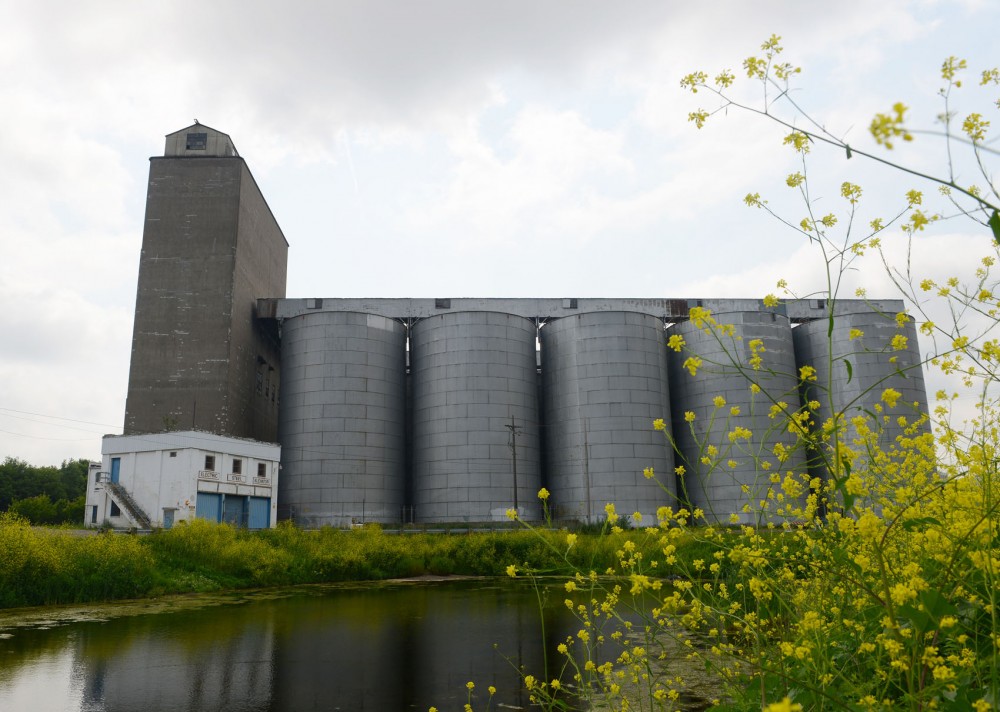The University of Minnesota is making a habit of acquiring land at its borders, even though there may be no immediate use for it.
A recent million-dollar purchase of nearly five acres near the school’s Biomedical Discovery District approved by the Board of Regents in June is the most recent purchase to expand the University’s borders.
Although the recent land purchases, like the five acres in Prospect Park and a block near the Ambulatory Care Center, don’t have any planned purpose in the near future, they are a part of a new University real estate strategy to stockpile land in anticipation of future University expansion.
“The University is looking at some land banking of real estate knowing that there’s always a need in the future, even if it’s not imminent,” said Regent Richard Beeson. “It’s a change in philosophy; it’s more strategic.”
In the past, he said, land purchases were made for projects that were imminent, rather than potential long-term opportunities.
While the most recent purchases may have use in the future, the main reason they were bought was because they were “opportunistic,” said Susan Carlson Weinberg, director of real estate for the University.
She said gifts to the University have played a big role in the recent land purchases.
The continued need for research facilities, housing and planned expansion of the Academic Health Center have influenced the University’s decision to buy new
properties lately, Carlson Weinberg said.
The new approach also comes at a time when private developers are making land in the area scarcer.
Recent encroachment at the University’s borders has pushed the school to snatch up land near its current boundaries so it’s not hemmed in someday, Beeson said.
“I don’t think it’s wise to let the entire neighborhood be developed by private-sector housing developers,” he said. “We need to have property for our own purposes and needs.”
The existing structures recently purchased by the University — abandoned grain elevators formerly owned by Riverland Ag Corporation — will be razed.
Riverland Ag approached the school about buying the property, according to board documents. The property is situated to the east of TCF Bank Stadium.
Last month’s purchase follows the purchase of more than two acres near the Ambulatory Care Center for $26 million in December. There are no immediate plans for that property, either.
In the future, Beeson said the University will continue to buy land if an advantageous deal presents itself.
“We’re still growing, especially in the academic health area and the quad and around the stadium,” he said.


